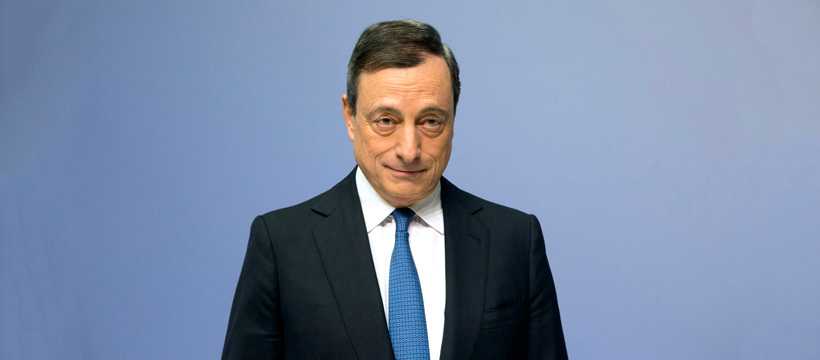Negative Interest Rates: Impact on Forex Traders

The task of central banks is to establish monetary policy. This consists, among other things, of interest rates. These regulate the cost of money at multiple levels. One of the "novelties" of recent years, introduced to deal with an unprecedented economic crisis, is the negative interest rate. In essence, it is the lender who pays interest to the borrower and vice versa. The negative interest rate, to be honest, only concerns deposits, i.e., the interest accrual of money by banking institutions in the central bank's reserves. Well, with the negative interest rate, banks no longer receive money for the "loans" granted to the central bank, but rather have to pay for it.
The only two banks that have established a negative interest rate on deposits are the ECB and the Bank of Japan, which have been called upon (and still are) to fix a credit market heavily compromised by the crisis. This epochal decision was aimed at stimulating the circulation of money, further aggravated by a deflationary spiral with potentially devastating consequences.
Improvements are timid but there, so the effectiveness of these drastic measures from an economic point of view is difficult to question. What can be said instead from the point of view of investments? What does a negative interest rate on deposits mean for the Forex market? It is necessary to distinguish two types of effects: theoretical and practical.
On a theoretical level, a cut in interest rates negatively affects the value of a currency. If the rate is lowered, inflation increases, and if inflation increases, this also has consequences on exchange rate relationships. Moreover, investors draw a signal of economic weakness from a rate cut, and therefore the currency depreciates. One would think, therefore, that the lower the rates, the stronger the currency trend will be. Thus, still in theory, rates below zero should correspond to a heavily devalued currency.
Is this the case in reality? The answer is no. The link between monetary policy and Forex has strongly deteriorated. The cause of this is the acquisition of importance by other factors, which have convinced investors to look elsewhere, and to consider monetary policy as an increasingly less reliable reference point.
This dynamic has recently found confirmation. In the first two years of ultra-expansive monetary policy, albeit limited to rates, both the euro and the yuan experienced a moment of strong appreciation. It was thought that in 2014, one euro was worth 1.42 euros. Of course, then the euro began to depreciate, but not in the terms that would have been expected in a situation of negative rates (the much-awaited parity is still a mirage), and in any case, the cause was Quantitative Easing.
The conclusion, therefore, is that a negative interest rate influences Forex only marginally, if the economic contingencies are remarkable (as they still are today).



